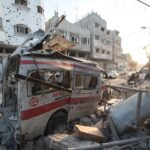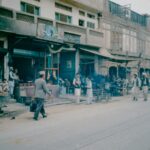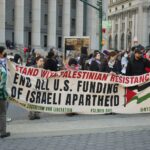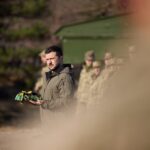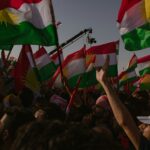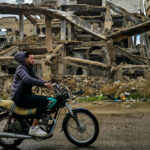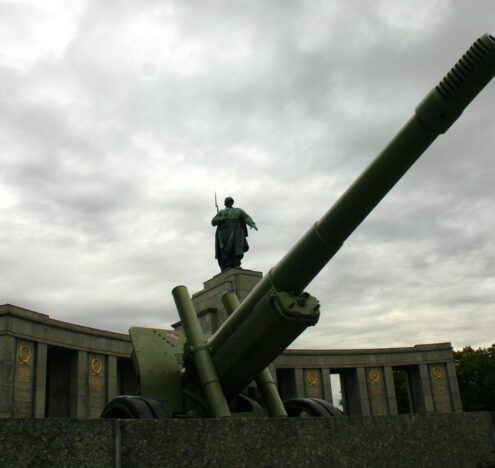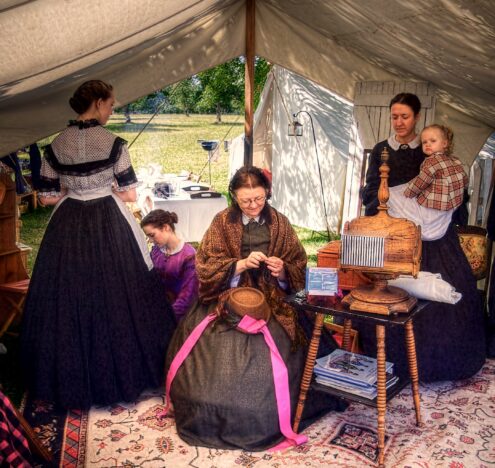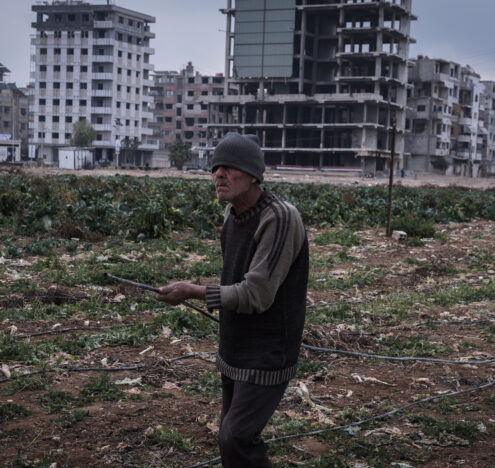Before the war cast its shadow over Gaza, the life of Mohammed Hassouna, an 18-year-old student from the Swedish Village in the west of Rafah, was defined by the bustling routine of a high school senior on the brink of adulthood. His days were anchored by courses in mathematics, physics, and chemistry, essential stepping stones on his path to becoming a dentist.
‘A Sense of Normalcy’
The year of his dreams started and classrooms buzzed with energy, echoing with discussions ignited by Hassouna’s insightful questions. Teachers often noted his dedication, praising his meticulous attention to detail and inquisitive mind. As the first months passed, excitement surged among the students. Hassouna, in particular, looked forward to what he called “the joy of his lifetime”— the day he would step out of the exam hall for the last time in his school years.
Mornings began early with Hassouna immersed in his studies, the first light of dawn casting a quiet glow over his desk laden with textbooks and notes. “My preparations were like any other scientific branch students; we start studying in the summer before the year starts,” Hassouna said.
Plans for celebrating this achievement were already in place. Hassouna’s family, ever supportive, promised a gathering filled with sweets, gifts, and the warm company of friends and relatives. It was a time of life brimming with promise, where dreams were nurtured in the protective embrace of a loving community and a focused academic environment despite poverty. “I wanted to please my parents and honor my family with my high achievement,” Hassouna described his passion to be a top student.
Endless Wars
For the residents of Gaza, war was already an occasional reality. “In Gaza, we are used to wars erupting every couple of years and a few times this affected our studies but this one has been utterly devastating,” Hassouna said, reflecting on the difference between various rounds of war in Gaza.
Like thousands of his peers, Hassouna has stopped attending school since the Oct. 7th attack and the ensuing devastation. Since that day, Mohammed has witnessed his village transform into a haven for displaced relatives from Gaza City’s Beach Camp and 1.1 million residents fleeing the Israeli evacuation orders from the north of Gaza’s valley. His life has been upended. His uncle, a nurse, was killed by the Israeli army, and as tanks approached closer each day, his father chose to evacuate the family, further disrupting any remnant of familiarity. When he evacuated, he left his books behind.
Gloomy Future
Over the past 10 months, students in Gaza have navigated a harrowing landscape marred not only by displacement, violence, and death but also by the subtler violence of the crumbling educational system. More than 8,000 school-age students have been killed and over 14,000 have been wounded in Gaza, including 2,500 who became disabled, according to the Ministry of Education. The conflict spared no sanctuary of learning; 93 schools were completely destroyed, and 353 suffered partial damage. Furthermore, over 150 schools operated by the United Nations Relief and Works Agency for Palestine Refugees (UNRWA), which had been converted into shelters, were targeted amidst the violence.
“With more than 80% of schools in Gaza damaged or destroyed, it may be reasonable to ask if there is an intentional effort to comprehensively destroy the Palestinian education system, an action known as ‘scholasticide’,” a group of UN experts reported in April.
Realizing what the future holds, Mohammed’s eyes fill with tears. “I still can’t believe what’s happening to me. A crucial year of my education has disappeared while I watch others celebrate their high school results in the West Bank. The city’s educational landmarks are also gone. When will I continue my education?”
“Tent Instead of Classroom”
Under the soaring temperature in the makeshift shelters in the Mawasi area, west of Khan Younis, 18-year-old Arwa Munyah remembers her final year of high school with aspirations that stretched beyond the confines of her community. With dreams of a career in fashion design, fueled by her lifelong passion for drawing, Munyah meticulously planned her academic path. “I had organized my study schedule to achieve a high average, and I was very committed to my attendance and extra lessons,” she said. Her favorite subject, history, was not just a class—it was a portal to worlds past, which she navigated with exceptional excitement, consistently achieving top marks.
“With more than 80% of schools in Gaza damaged or destroyed, it may be reasonable to ask if there is an intentional effort to comprehensively destroy the Palestinian education system, an action known as ‘scholasticide’,”
UN Experts
“The war came and stole from me my knowledge, my books, my room, and everything I had planned for,” Munyah recounted in a voice message. The devastation reached a personal crescendo with the loss of her uncle Haider, a father figure, whose absence left a void no bombardment could echo.
Munyah’s initial sense of displacement started from her home in Shuja’iyya to Tal al-Hawa, “it was a frenzied blur of hurried footsteps and whispered prayers,” she said. Munyah and her family, carrying her books and whatever remnants of their previous lives they could, moved under the bombs. The fear was palpable, each step forward heavy with the weight of the unknown. “Where were we going? What would happen to us? How can I study?” Munyah murmured her thoughts in a chaotic swirl as they navigated through streets fraught with peril.
Yet again, her displacement to Khan Yunis offered no respite; their cramped apartment with 60 other family members was a stifling cage of desperation. The threat of further violence loomed large, and within days, they were on the move again and Munyah had to leave her books behind.
She is now living in a tent with her family, exposed to the elements and without resources to continue her studies. Like so many students, her dreams for the future feel like memories now.





